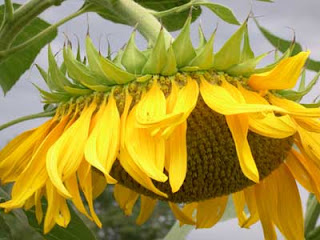82% of Ukrainians believe in victory – a survey by Gradus Research
Despite the intense level of stress, Ukrainians believe in the ability to repel Russia’s offensive (82%) and that after the war Ukraine will become stronger (77%).

The most common emotion felt by the population of Ukraine due to the full-scale military invasion of Russia is anger (62%). These are the results of a survey conducted by Gradus Research 28.2–1.3.2022 (residents of cities 50 thousand +, 18-60 years old, 2144 respondents).
According to our compatriots, the two main factors of victory are the strength of the Armed Forces of Ukraine (63% believe so) and the unity and resistance of Ukrainian society (61%).

The majority in all regions of the country is convinced that Ukraine is able to repel the Russian attack.

Confirmation of the belief in the victory of Ukraine is the fact that the best result of the negotiations respondents consider peace on the terms of Ukraine or at least the withdrawal of Russian troops from Ukrainian territory. Only 1% of respondents agree to accept peace on the terms of the Russian Federation.

The main culprit in the war, Ukrainian society considers the leadership of the Russian Federation (46%), and another 40% tend to think that the leadership is guilty, and political elites, and the people of Russia. Respondents consider global isolation (70%) and economic decline (65%) to be the main consequences of the war for Russia.

63% of respondents trust the Armed Forces, and it is the institution to which the population has the highest level of trust. In second place – President V. Zelensky, in third place – volunteer organizations.

The actions of the president (fully or partially) are supported by 85% of respondents, and the reputation index of V. Zelensky reached an unprecedented 77%.

The full results of the survey are available on the Gradus Research website, at the link.
The survey was conducted by the research company Gradus Research by the method of self-completion of the questionnaire in the mobile application. The online panel Gradus displays the population structure of cities with more than 50,000 inhabitants aged 18-60 by gender, age, size of the region, and region. Field period: February 28 – March 1, 2022. The sample size is 2144 respondents.















